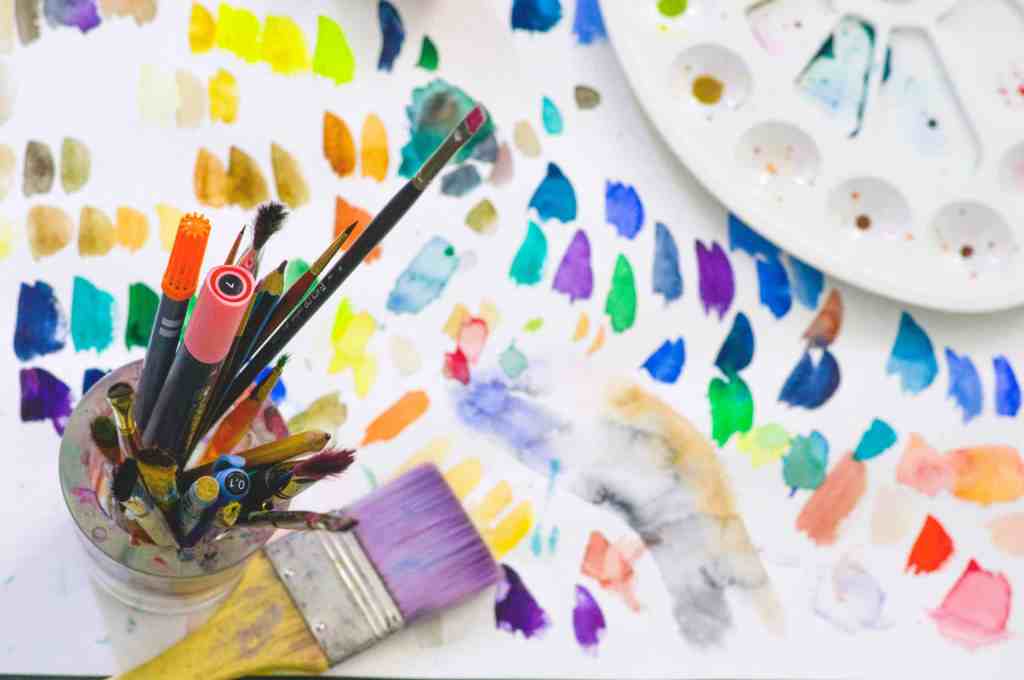The Reggio Emilia approach to education is renowned for its unique and child-centered philosophy that values the potential of every child. One key element in this approach is the role of the atelierista, or art teacher, who plays a crucial part in fostering creativity and self-expression through art. The atelierista works closely with both children and educators to integrate various forms of artistic expression into daily learning experiences. By providing opportunities for children to explore different materials, techniques, and ideas through art, the atelierista helps cultivate a deep sense of curiosity and imagination within each child.
Documentation and assessment are integral components of the Reggio Emilia approach, serving as tools for educators to observe and understand children’s learning processes. Through careful documentation of children’s work, thoughts, and interactions, educators gain valuable insights into individual interests, strengths, and areas for growth. This information informs ongoing assessments that guide curriculum development tailored to each child’s unique needs. By valuing diverse forms of expression and communication, Reggio Emilia schools prioritize holistic assessments that go beyond traditional academic measures.
Natural materials play a significant role in Reggio Emilia classrooms as they are seen as essential tools for exploration and discovery. Incorporating natural elements such as wood, stones, leaves, or shells not only connects children with the environment but also invites sensory experiences that stimulate creativity and problem-solving skills. By engaging with these organic materials in their learning environment, children develop a deeper appreciation for nature while honing their observation skills and understanding of the world around them.
Parent involvement is another cornerstone of the Reggio Emilia approach that emphasizes collaboration between families and educators in supporting children’s development. Parents are viewed as partners in education who bring valuable insights about their child’s interests, cultural background, and learning preferences. Through regular communication channels such as parent-teacher meetings or collaborative projects involving families, parents are actively engaged in shaping their child’s educational journey within the school community.
The physical environment plays a crucial role in shaping learning experiences within a Reggio Emilia setting by acting as a third teacher alongside adults and peers. Classrooms are thoughtfully designed to inspire curiosity, encourage exploration, promote collaboration among students while reflecting the values of respect for diversity and inclusivity. Flexible spaces filled with natural light sources; open-ended materials; comfortable nooks for quiet reflection; all contribute to creating an inviting atmosphere where children feel empowered to engage actively in their own learning process.
Professional development is essential for educators implementing the Reggio Emilia approach due to its complex philosophical underpinnings emphasizing relationships between teachers’ beliefs about teaching/learning processes which need continuous reflection refinement over time Professional development opportunities range from workshops on pedagogical practices specific strategies related topics like emergent curriculum implementation assessment methods incorporating technology effectively classroom environments conducive creative expression social-emotional support well-being Diversity inclusion awareness training helping teachers navigate complexities multicultural dynamics present diverse student populations
The Hundred Languages concept underscores the belief that children have manifold ways expressing communicating ideas beyond traditional verbal written channels arts sciences mathematics music dance drama sculpture painting storytelling photography digital media Each “language” offers unique perspective enriches our understanding world allowing us access multiple modes representing interpreting knowledge Children encouraged explore these languages freely independently guided by supportive adults who value celebrate each form self-expression Teachers facilitate integration multiple modalities throughout curriculum creating rich tapestry possibilities meaningful connections across subjects domains
Implementing emergent curriculum central tenet Reggio Emilia schools where lesson plans emerge organically based careful observations reflections individual group needs interests Curricula flexible responsive adapting changing dynamics classroom community ensuring relevance engagement students Learning becomes dynamic process co-construction shared discoveries rather than predetermined outcomes Emergent curriculum empowers students take ownership directing own inquiry-driven projects investigations fostering intrinsic motivation lifelong love seeking knowledge
Fostering social-emotional development paramount focus Reggio Emilia schools recognizing importance nurturing whole child including emotional wellbeing interpersonal skills empathy resilience Schools provide safe supportive environments allow space emotional expression collaboration conflict resolution Children learn regulate emotions navigate relationships positive respectful manner Play serves vital role promoting social-emotional growth enabling practice negotiation cooperation problem-solving without fear judgment failure Through playchildren develop critical abilities build foundation healthy relationships strong communities ultimately contributing greater societal harmony peace

Leave a comment